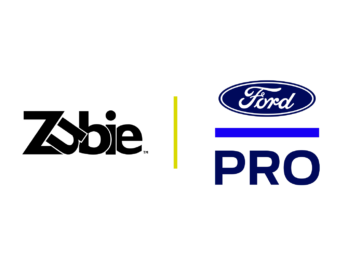
As a business owner or fleet manager, your hands are likely to be full at any given time. Increasing efficiency and maximizing profits can be quite difficult, more so when you are handling everything on your own. The success of your enterprise depends on the successful implementation of a practical, efficient and cost effective fleet management strategy. There are a number of metrics that can enable you to reduce costs and optimize fleet efficiency.
Fuel
This is probably the most significant cost that you will incur as far as logistics is concerned. While your drivers may see their speedometer at top speed, you as a business owner may see your money flying out of your business faster than it should be (and not even realize it). Knowing and finding the right fleet management metrics to watch when it comes to fuel use can help you vastly reduce costs. This is why when expressing your fleet’s fuel metrics, you should factor in the cost per mile to help determine the fuel efficiency of all the models that you use. If well tracked, the fuel cost metric can enable you to reduce costs significantly.
Depreciation
This isn’t a fashionable component of business, or a desirable one for that matter since it is associated with losing money on your investments. In fact, a fleet and the depreciation associated with it is often a business’ largest fixed cost. To manage this expense, you must focus your attention on where there is money to be saved within your fleet. Fleet management can help you track performance, establish a benchmark and come up with a depreciation metric for your business.
Accident Efficiency
Vehicles in your fleet may also get involved in accidents. This means that beyond the standard variable and fixed costs, accidents and any related costs need to be tracked. Simply measuring the number of accidents that your vehicles experience after the fact, though logical, can be ineffective for planning purposes. Instead, using fleet management to understand how your drivers are utilizing the vehicles will allow you to come up with an accident metric and provide you with insight about the efficiency of your fleet safety program.
Downtime
This basically refers to those days that your fleet will be out of service. It is wrong to assume that your vehicles will be on the road every day, as they will need to be serviced regularly. Measuring downtime is a significant metric since it helps you to pinpoint both non-wrench and wrench time. This data will arm you with a strategic benchmark that can help you to maximize usage of your fleet and reduce overall operational costs.
Fleet management goes beyond simply tracking your vehicles and assets — instead, it is the ability to keep track of key metrics and performance indicators that have an effect on the cost of operations. With the right fleet management system, key metrics for your fleet can be easily measured and successfully tracked, allowing you to run your business more smoothly.
{{cta(‘fe4b7e20-21bb-48b6-91eb-c100013b4bd7’)}}
